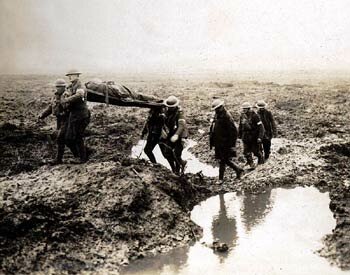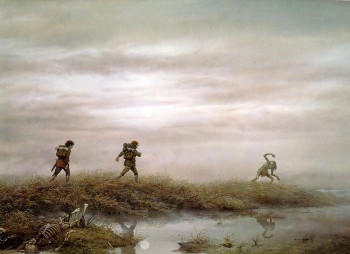The rules:
1.Each person must post 10 facts about themselves
2.Answer 10 questions the tagger has given you and give 10 questions for the people you’ve tagged.
3.Choose 10 people and link them in your post.
4.Tell them you’ve tagged them.
5.Remember, no tag backs.
10 Facts about me (Liesel)!
1. I am a novelist who writes across three different genres: historical fiction, crime drama, and fantasy.
2. I am the second of twelve children, all of whom have the same two parents. (Deep breaths, everyone. It's all going to be okay.)
3. I'm a Christian.
4. I love dark chocolate and stuff my face with it way more than I care to admit.
5. I am affiliated with two publishing companies: Tate Publishing and Jolly Fish Press.
6. My first book entitled Persistence of Vision will be out this fall. It's a futuristic dystopian fantasy with elements of romance and scifi.
7. My twitter account is at twitter.com/lkhill. My facebook pages are: facebook.com/lkhillbooks and facebook.com/lieselkhill (one for each published genre). Shameless plug, I know, but it's still a fact!
8. I love to read epic fantasy.
9. I love movies and TV--especially the CW network!
10. It's getting dark in my room right now, but it's too hot to turn on the light!
Here are the questions from my tagger:
1. How long have you been blogging for?
I've had a personal blog for a couple of years but I've only been blogging seriously for a few months--probably six or so.
2. Why did you start a blog?
I started my blog(s)--yes, there's two. The other is musingsonfantasia.blogspot.com--when my books got picked up by publishers. It's a way of networking and getting my name and work out there.
3. What has been your best experience with blogging?
Meeting interesting people and hearing nice comments!
4. What is your favorite book?
Entirely too many to name. A few I read over and over again, though, are Heart of Darkness, the Wheel of Time Series, Harry Potter, and the Lord of the Rings.
5. Who is your favorite author?
Robert Jordan, hands down.
6. What do you want to be when you grow up/what is your profession?
Right now I work a day job at a corporate building, splitting my time between the deli and the legal department. Novel writing is what I truly want to do, though. I have two books slated for publication, though neither is out, yet, so hopefully I'll realize my dream soon.
7. How many books do you think you have?
A few hundred at least.
8. Do you prefer reading a proper book or an ebook?
Depends on where I'm trying to read. I like the feel of a book in my hands but sometimes ebooks are simply more convenient.
9. If you could choose to live one character's life in a book, whose would it be?
Awesome question. I have to pick just one? Well, right now I'm pretty obsessed with George R.R. Martin's A Song of Fire and Ice series. My favorite character is Arya. I'd like to have all her adventures, I think. Don't get me wrong, she has some terrible things happen to her that I wouldn't like, but I also want to slap her sometimes for the decisions she makes and her short-sightedness. If I was her, I'd make all the RIGHT decisions so that I could find the happiness that has, as yet, eluded her. So much fun!
10. Ten items....hmm. Well, at least one would have to be an e-reader with unlimited downloads. Then there's my laptop, with internet access, of course. How about a few of my siblings to keep me company, and a few of my writer friends? An unlimited supply of chocolate. And George R.R. Martin--just so I can grill him about what's going to happen in book 6. :D
Blogs I've tagged:
Here are my questions to them?
1. How long have you been blogging for?
2. Why did you start up a blog?
3. What has been your weirdest experience with blogging?
4. What is your favourite book?
5. Who is your favourite author?
6. What do you want to be when you grow up/what is your profession?
7. How many books do you think you might have?
8. Do you prefer reading a proper book or a ebook?
9. If you could choose to live one character's life in a book, who would it be?
10. If you were stranded on a desert island what 10 items would you want to have with you?











